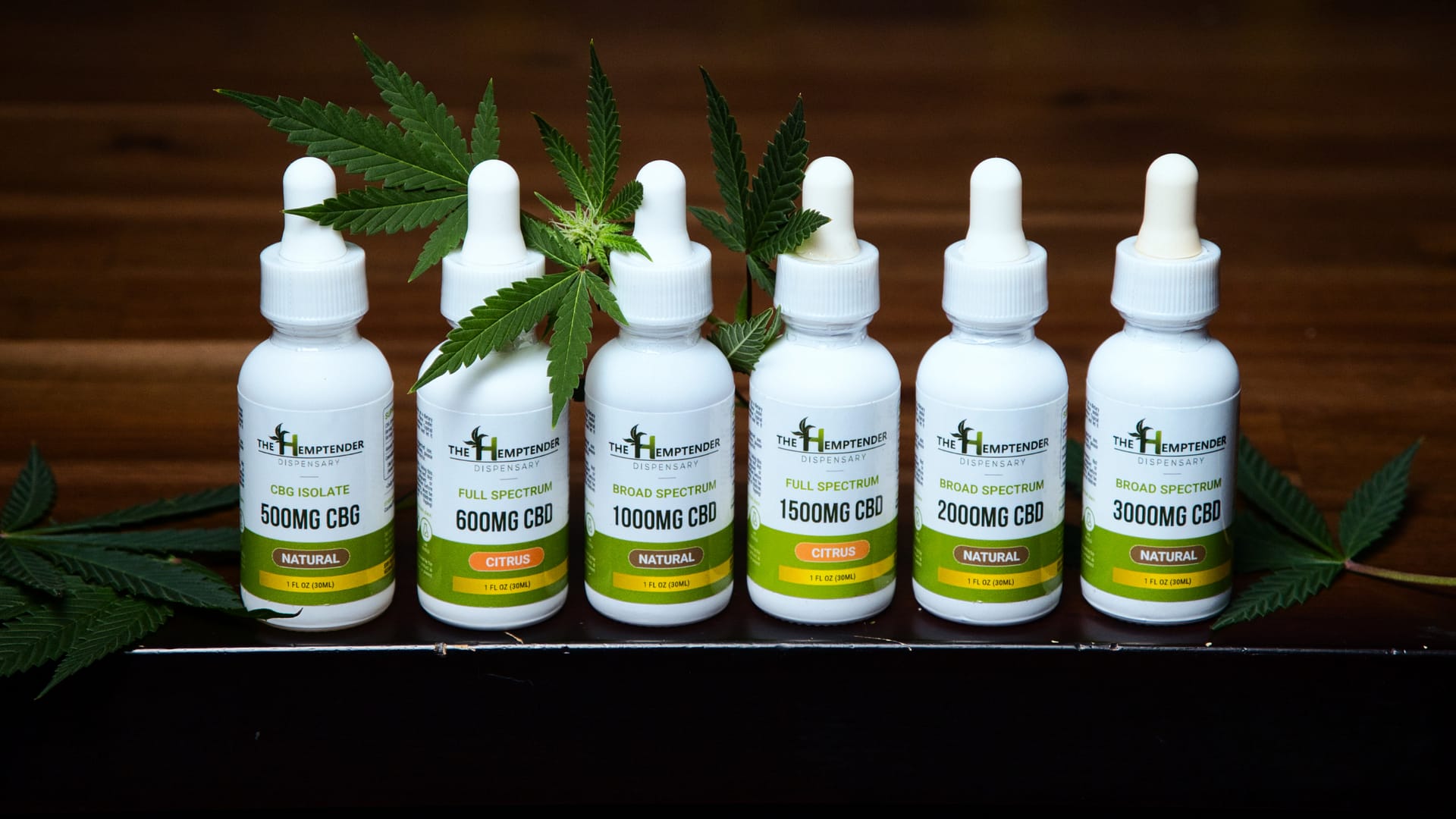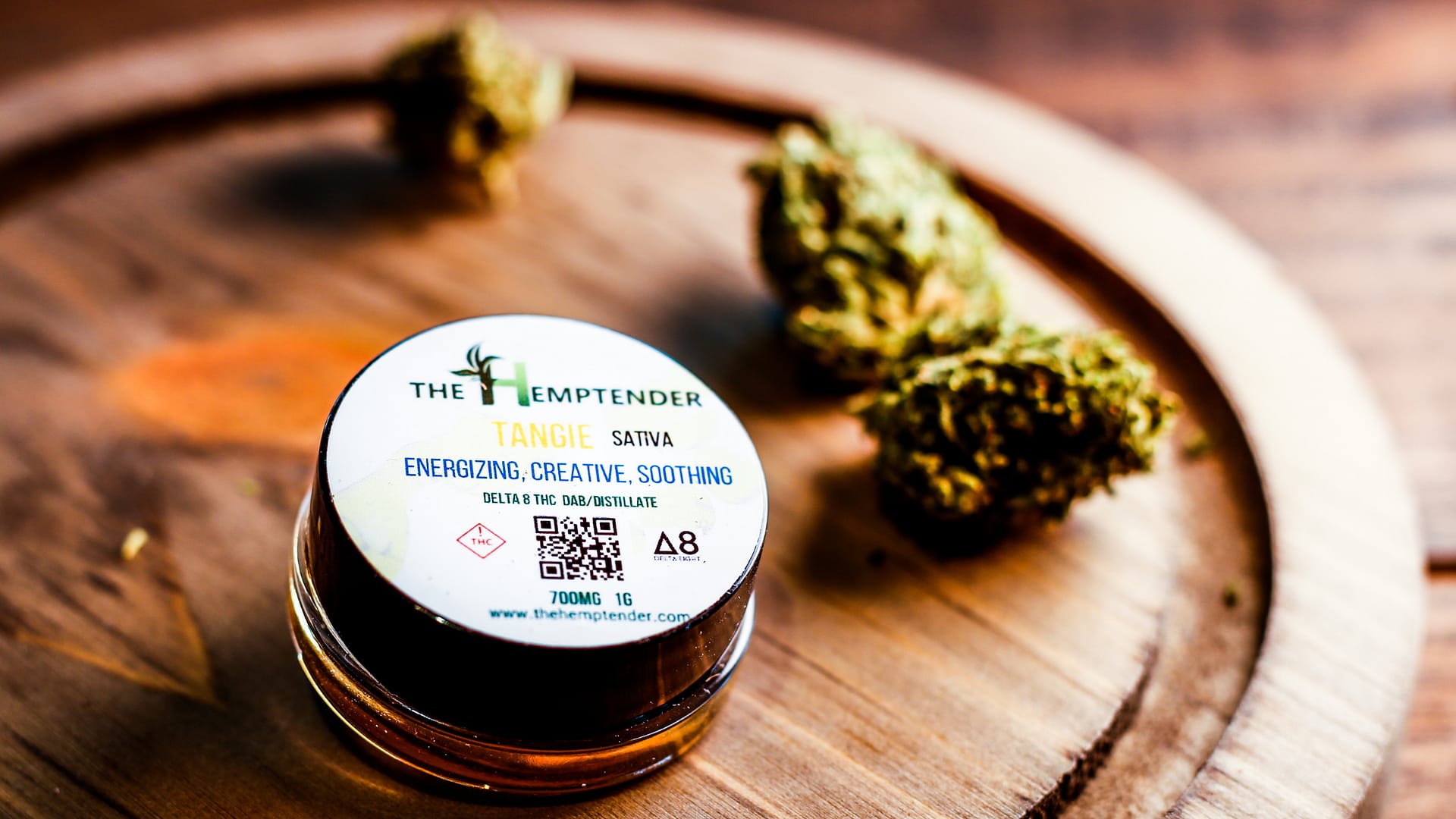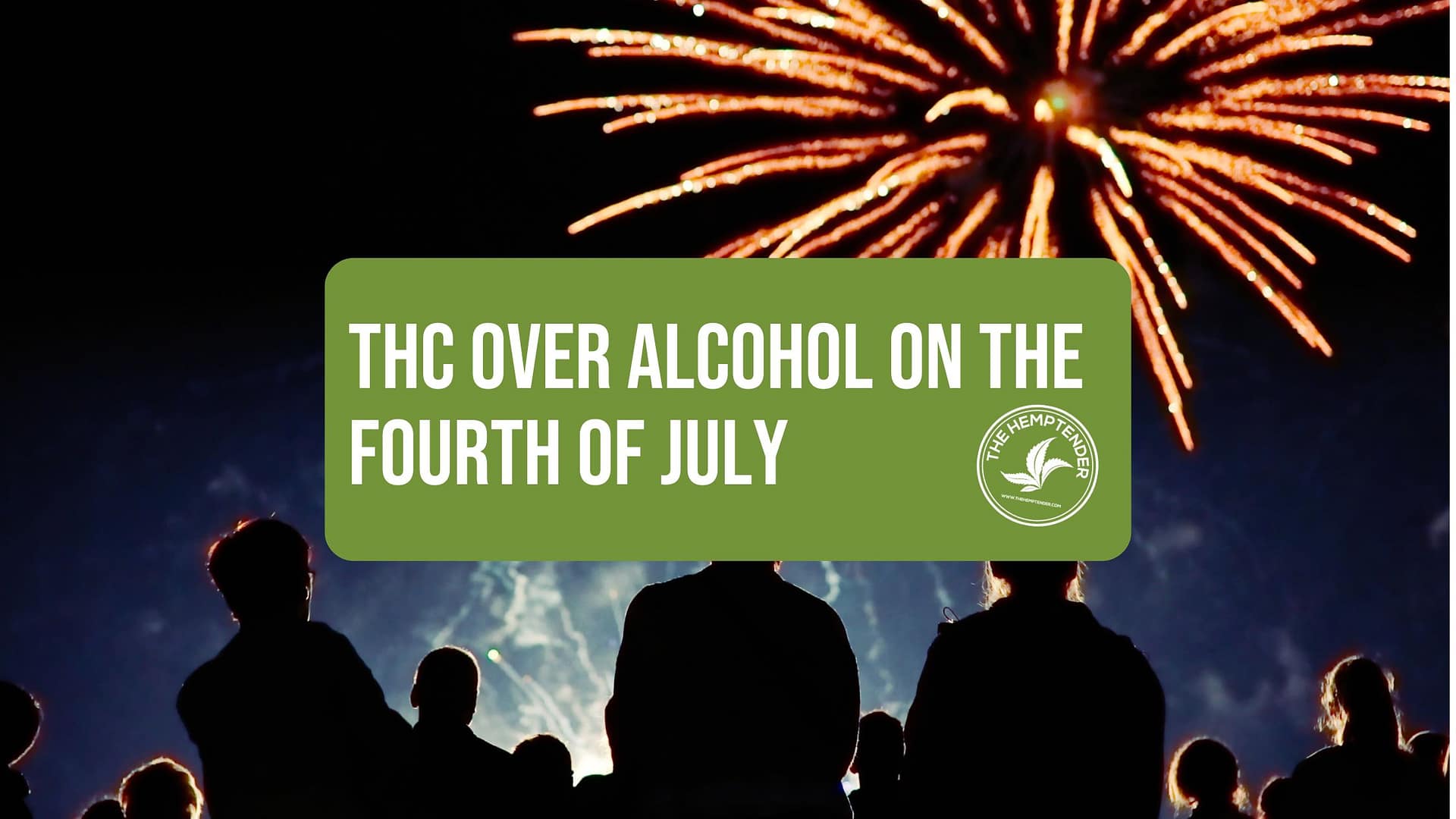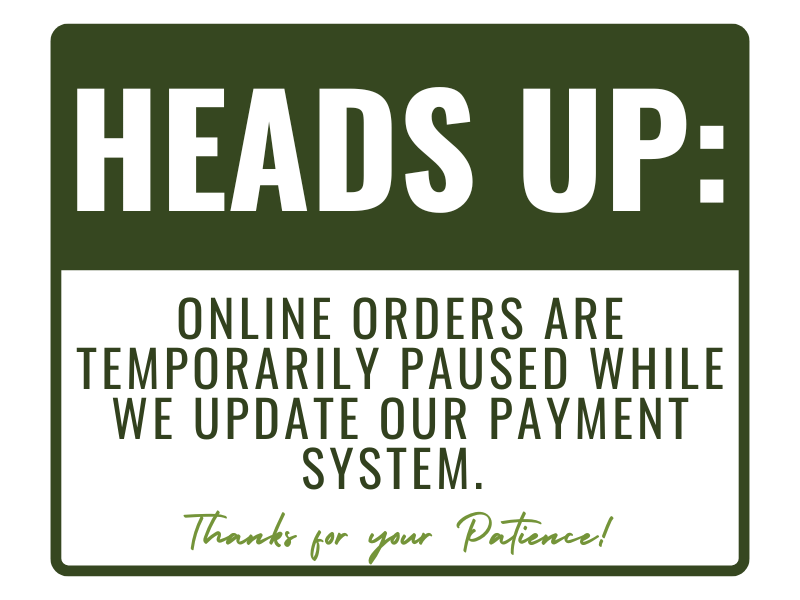So What’s The Deal with THC Alternatives?

With so many different versions of THC out there these days, a lot of people are wondering about THC alternatives. Are they legal and safe? What do they feel like, and why do people use them? Below we’re breaking down everything you need to know about THC alternatives like delta-8 THC and HHC.
So what are THC alternatives?
THC alternatives are exactly that — alternatives to THC. Under the 2018 Farm Bill, hemp-derived cannabinoids are legal in a sort of gray area. The bill states that hemp and its derivatives are perfectly legal, including naturally occurring cannabinoids like CBD. However, lots of different cannabinoids can be made from CBD. CBD molecules can be altered into other cannabinoids with simple chemistry, which are still considered legal under the Farm Bill.
When we say a gray area, we mean that it’s pretty nebulous. There are many petitions going on to ban these substances since they’re so similar to THC, which is a Schedule I substance and illegal in most places. Cannabis and its derivatives are prohibited on a federal level, but hemp is legal. However, hemp-derived delta-8 THC is so similar to cannabis-derived delta-9 THC that many states have banned it. The same is true for other THC alternatives on the market.
The most popular hemp-derived THC alternative is delta-8 THC, an isomer of delta-9 THC that slightly differs in its chemical structure. Since it’s hemp-derived, it’s legal. However, delta-8 THC doesn’t frequently appear in hemp naturally, so to be economically viable and be enjoyed, it’s usually synthesized from CBD.

Are synthetic cannabinoids safe?
The word “synthetic” or “synthesized” usually puts up a little red flag for people who are looking to consume healthy, natural products— but don’t let the term alarm you. THC alternatives like delta-8 THC go through a few chemical reactions and are purged of potential toxins and carcinogens.
However, we still highly recommend that you only purchase products that are third-party lab tested and that you can find those serving sizes and lab test results on the label and on the company’s website (like ours). Since there are very few regulations on synthesizing cannabinoids from hemp, many companies will cut corners, and their products may be unsafe.
At the end of the day, when you purchase from a reputable company that sources quality hemp and goes the extra mile to hold their products to the exact stringent testing requirements as those in the cannabis industry, THC alternatives are nothing to be afraid of. In most places, hemp-derived THC alternatives like delta-8 THC and HHC are legal and an excellent alternative for people who can’t use recreational cannabis or don’t have access to state-licensed cannabis products.
Why do people use them?
If you live in a state with legal cannabis, you may be wondering why people stray away from good old-fashioned weed. The answer is, they do it for a lot of different reasons. But mostly, it boils down to general wellness.
Take THC, for example. Many people get uncomfortable, anxious, or paranoid when using standard delta-9 THC. But delta-8 THC is a lot more bearable for its mild effects. Delta-8 THC is considered to be half-strength in comparison. The one minor difference in its chemical structure makes it take longer to bind to our endocannabinoid systems, resulting in a more clear-headed and mild high, with all the benefits of delta-9 THC. Delta-8 THC still provides pain relief and euphoria, though it’s found in a more tolerable dose.
Other THC alternatives like HHC offer similar effects to delta-8 THC. However, some evidence suggests that it may not metabolize in the body by transforming into 11-hydroxy-THC— a typical flag on marijuana drug tests. Many users like HHC since it may not show up on drug tests but still promotes desirable effects.

What are the pros and cons of THC alternatives?
There is a lot to like about THC alternatives, including stronger or milder THC-like effects, the ability to find it in states where cannabis isn’t yet legal, and the possibility that specific alternatives may not show up on drug tests.
However, these pros can also be considered cons for some people. A more substantial effect that requires more frequent servings may not be ideal. A milder dose that requires larger servings may not be ideal. The fact that state or federal agencies don’t regulate the companies that make THC alternatives may not be ideal.
How do I know if I’m buying safe, legal THC alternatives?
At the end of the day, it’ll be up to you to decide whether or not THC alternatives are for you. Weigh your pros and cons carefully, and be sure to double-check the laws in your state to protect yourself. You should always avoid companies willing to ship products to states where THC alternatives are illegal. Further, beware of a good deal. If something sounds too good to be true, it probably is. That means avoiding things like free trials or sketchy internet sales.
Take care to only purchase THC alternatives from companies that proudly share their third-party lab results and sourcing information, like The Hemptender. As an added precaution, ensure that the company you’re ordering from offers accurate serving sizes in milligrams, not vague statements.
If you’re ready to try hemp-derived THC alternatives for yourself, or are just looking to browse our line of CBD topicals, tinctures, concentrates, edibles, and hemp flowers, start here.




